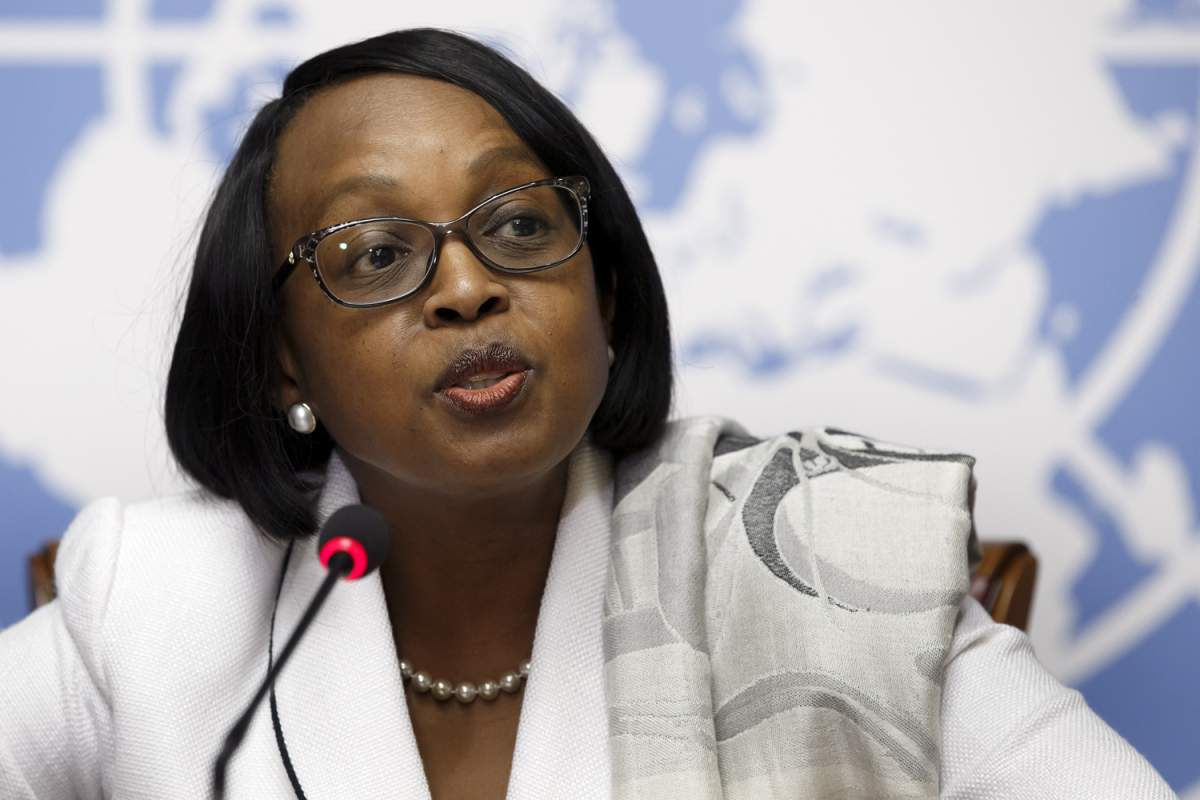FGM: Don’t repeal that law, WHO urges Gambia
says plan is against international human rights conventions
The World Health Organization (WHO) has warned against moves by The Gambian parliament to repeal the law banning female genital mutilation in the country saying the bill, if passed, could put the health and well-being of millions of women and girls at risk.
A statement by the WHO Regional Director, Dr. Matshidiso Moeti said repealing the Act would not only violate the protection of women and girls’ human rights, but it could also encourage other countries to disregard their duty to protect these rights.
The statement noted that in spite of global efforts to eradicate the practice, more than 3 million girls and women are still at risk every year.
“If our efforts to prevent FGM are not scaled up, this number is expected to rise to 4.6 million girls by the year 2030.1 In the Gambia, an estimated US$ 4.5 million is spent annually to treat complications arising from FGM,5 representing over 10% of the government’s spending on health in 2021.6
“We have made good progress in many countries regarding FGM over the past few decades, with 1 in 3 girls undergoing FGM now compared to 1 in 2 girls 30 years ago.7 In the Gambia, millions of women and girls have received protection and care services related to FGM since the enactment of the 2015 Women’s (Amendment) Act, thus improving their sexual and reproductive health and rights.”
The statement warned that the proposed bill would be against international human rights conventions and Gambia’s obligations to these international conventions.
“These conventions call for Member States to take action to prevent FGM and ensure high-quality care for women and girls already affected,” it noted.
The statement reads further:
“While I acknowledge the cultural and traditional sensitivities around FGM, we must also recognize the physical, psychological, and health damage it inflicts on girls and women.
“We must continue to prioritize the protection of women and girls from harmful practices and promote their rights to a healthy and safe life.
“As trusted and respected members of the community, I call on health workers to advocate against FGM and not perform it. Performing it legitimizes and perpetuates the practice and undermines abandonment efforts. Medicalized FGM violates medical ethics and health workers’ commitment to the principle of “Do no harm”.
“I call on all stakeholders, including political leaders, healthcare providers, civil society organizations, and community leaders, to take concrete actions to change societal attitudes that perpetuate FGM in The Gambia.
“We must advocate for the health and well-being of women and girls, and ensure that necessary resources are allocated to support them. We also need to push for legal frameworks that protect their rights. By working together, we can create a future where every woman and girl is free from the threat of FGM.”

